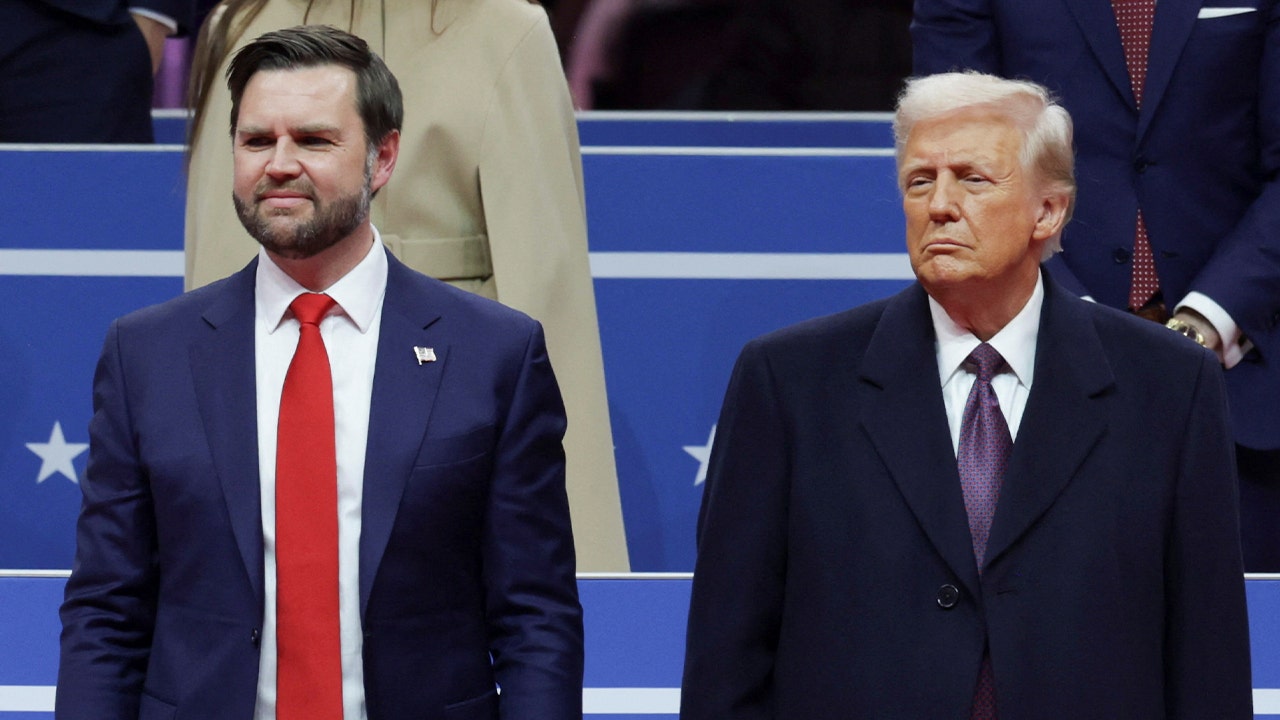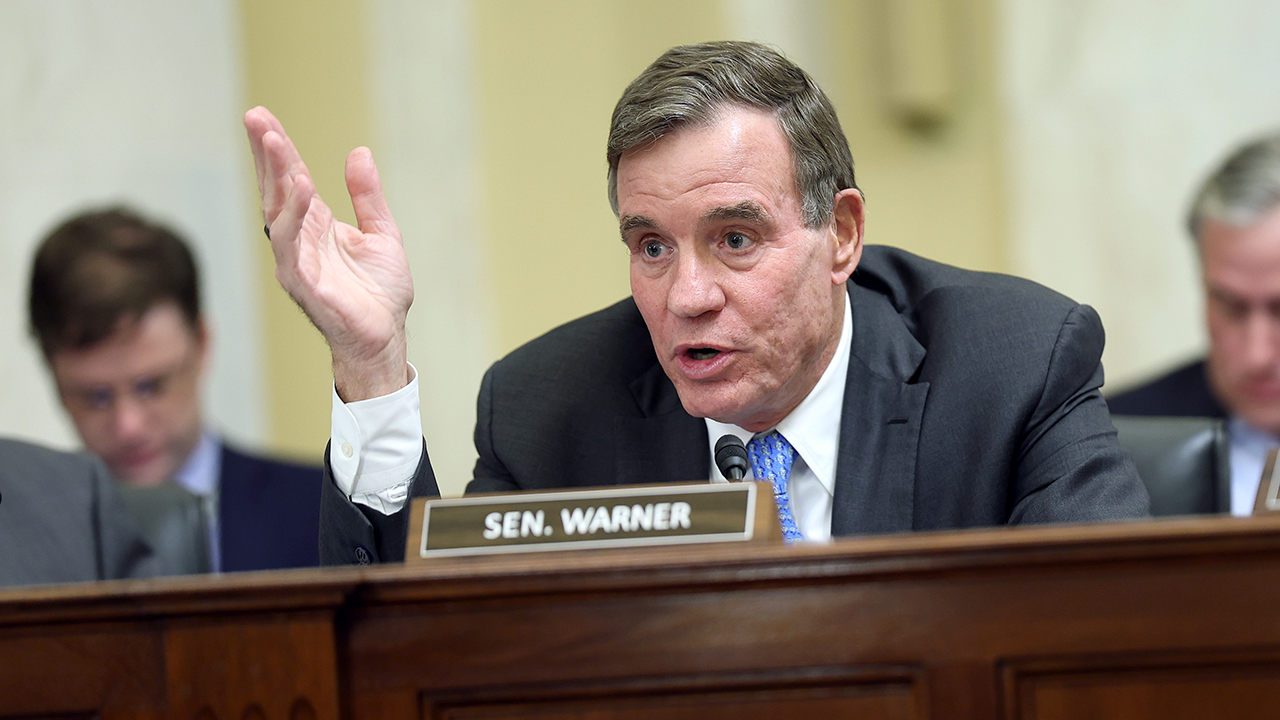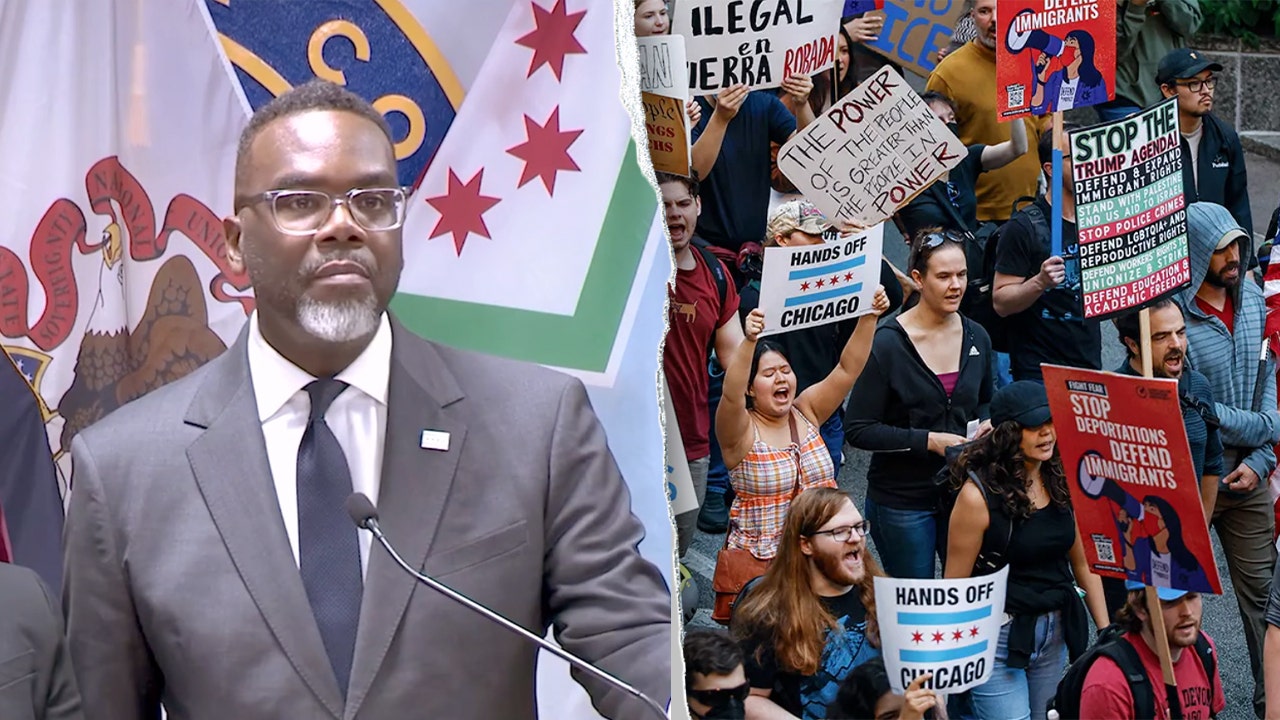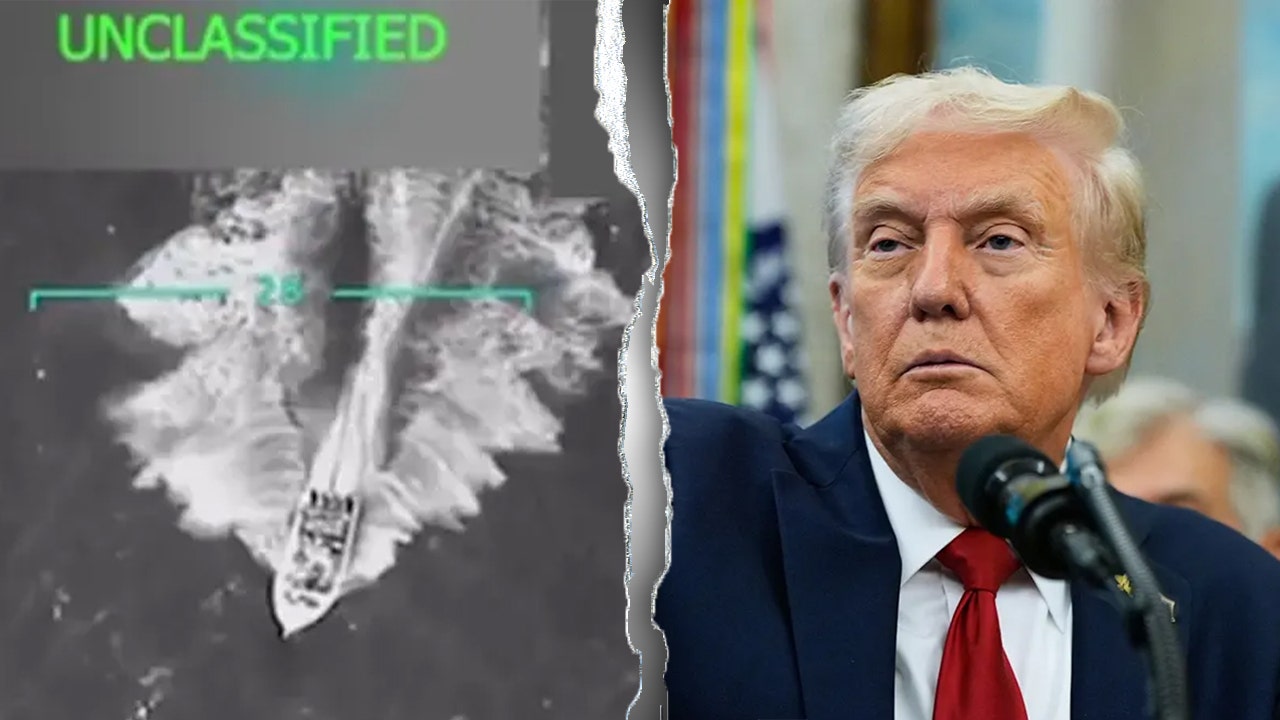Fox News exclusive: Vance to tout Trump administration successes as he opens CPAC

Vice President JD Vance is gearing up to make a highly anticipated appearance at the Conservative Political Action Conference (CPAC), where he is expected to highlight President Donald Trump’s flurry of activity since his return to the White House a month ago. This will be Vance’s first time addressing the confab since assuming the role of Vice President.
A source familiar with Vance’s speech shared with Fox News that the Vice President will emphasize the significant accomplishments achieved during President Trump’s first month back in office. These achievements include efforts to secure the homeland, deport violent illegal immigrants, unleash American energy to fuel the economy, protect American workers, promote domestic manufacturing, and re-establish American strength both at home and abroad.
During the opening session at National Harbor, Maryland, Vance will engage in a fireside chat with Mercedes Schlapp, a seasoned Republican political and communications strategist who is a senior fellow at the American Conservative Union, the organization behind CPAC. This will provide Vance with a platform to discuss key initiatives and policies of the Trump/Vance administration.
Vance has been a familiar face at CPAC, having attended the conference regularly in recent years, including during his successful 2022 Senate campaign in Ohio. As Trump’s running mate in the 2024 election, Vance also spoke at a CPAC-hosted townhall in Arizona last October.
CPAC, established in 1974, serves as the premier gathering of conservative leaders and activists in the United States. In recent years, the conference has been dominated by supporters of the MAGA movement and America First agenda championed by President Trump.
Vance, who played a pivotal role in confirming Trump’s Cabinet nominees during his two-year Senate tenure, is seen as a key figure in advancing the administration’s policy objectives. His recent address at the Munich Security Conference garnered attention for its candid critique of Europe’s political establishment.
Trump’s selection of Vance as his running mate last summer signaled a potential succession plan within the Republican Party. However, Trump downplayed speculation about Vance’s presidential ambitions in a recent interview, stating that it was too early to consider a 2028 candidacy.
As CPAC culminates with Trump’s address on Saturday, the President is expected to celebrate his resounding victory in the 2024 election and solidify his influence over the GOP. Trump’s return to CPAC marks a triumphant moment following a turbulent exit from the White House in 2021.
With a history of engaging CPAC audiences and delivering impactful speeches, Trump’s presence at the conference has been a defining feature of his political career. His first post-presidency speech at CPAC in 2021 set the stage for a potential 2024 White House run, showcasing his ability to connect with his supporters and rally the conservative base.
As Vance prepares to address CPAC attendees, his remarks are sure to underscore the administration’s achievements and future policy priorities. With his eye on the next three and a half years in office, Vance remains focused on serving the American people and ensuring the success of President Trump’s agenda.




